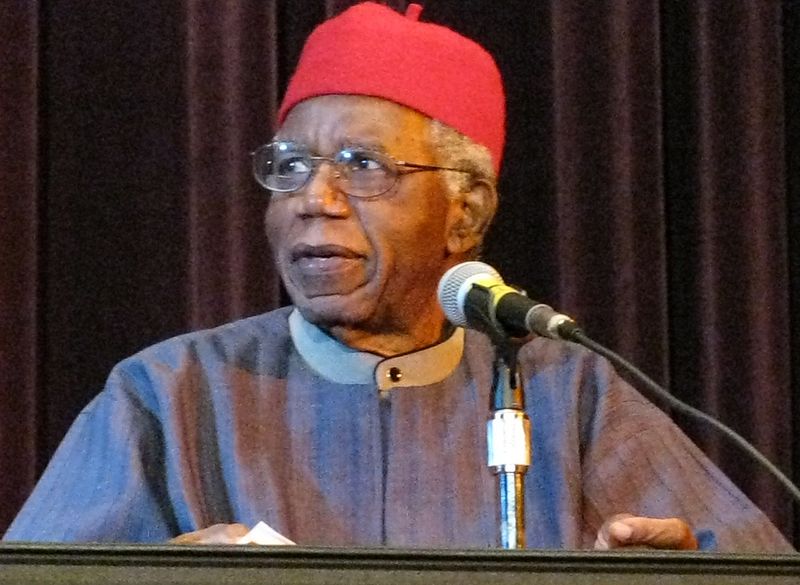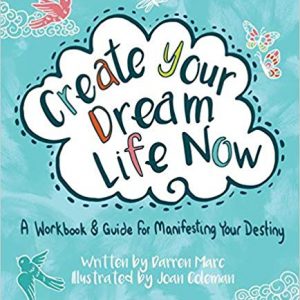Those who are vaguely acquainted with the field of literature, or those who have only read canonical writers like Shakespeare and Charles Dickens may wonder in what way has Chinua Achebe contributed to the corpus of literature? In a grief-stricken world where war and violence in their myriad forms overpower human beings, the author’s reservoir of wisdom transports one to the realm of peace. His simple yet profound statements take readers to a different realm of thinking and bring about a paradigmatic shift in responding to a story.
Impact of oral traditions…
Chinua Achebe had a very humble upbringing. Born in the Igbo town of Ogidi in South-Eastern Nigeria, Achebe was fascinated with stories at a very young age and grew up with stories told by his mother and sister. These left an indelible mark on his personality. The strong influence of oral tradition on Achebe’s Igbo community accentuated his belief in the power of storytelling. It is thus no wonder that proverbs, sayings and myths formed a part and parcel of his story telling. Achebe sustained this interest in stories and his friends jocularly called him ‘Dictionary’ after sensing his interest for books.
Whose story is it anyway?
Achebe strongly validated the notion that “People create stories create people” or rather, “stories create people create stories”, and this idea which spells out the interdependence of man and stories made him transform the literary world. He therefore, decided to write stories which would change the perception of human beings in general and his African community in particular. As he was nurturing this interest in reading, he also recognized that unconsciously he was enamoured by white characters and despised black characters. This made him realize that a part of his personality is shaped by the stories inscribed by European writers. These stories by European writers painted a bleak picture and were instrumental in motivating Achebe to change the perception of Africa in the world. He felt it was his moral responsibility to generate awareness among his people.
In his essay “The Novelist as a Teacher”, Achebe pronounces, “There is an adequate revolution for me to espouse – to help my society regain belief in itself and put away the complexes of the years of denigration and self-abasement. And it is essentially a question of education in the best sense of the word,” His works, therefore offer an insight not only into the nuances of the African cultural, social, economic and political life but also help the readers to discern the way stories have the power to shape culture. These stories are an indication of evolution of culture. They also indicate how change and transition influence people and shape their stories.
In Anthills of the Savannah he states, “It is only the story that can continue beyond the war and the warrior. It is the story that outlives the sound of war-drums and the exploits of brave fighters. It is the story…that saves our progeny from blundering like blind beggars into the spikes of the cactus fence. The story is our escort; without it, we are blind. Does the blind man own his escort? No, neither do we the story; rather it is the story that owns us and directs us,”
Welcoming modernism…
Perhaps, the universal appeal of stories and the direction offered by them enabled Achebe to reflect their worth and place change at the centre of his fiction. His characters are also seen to be influenced by this transition from tradition to modernity. Achebe deeply values traditions but at the same time, he is open to positive transformations in the African communities. He is credited with the invention of modern African literature and called ‘The Father of African Literature’ as his works present an objective interpretation of traditions and represent the vicissitudes of modern life. The interpretation and representation of Africa proffered through Achebe’s texts is an extension of his thoughtfulness as a writer.








The works
He has written five significant novels, namely, Things fall Apart, No Longer at Ease, Arrow of God, A Man of the People and Anthills of the Savannah. These novels critically delineate the falsified history of Africa conceived by the colonizers and neo-imperialistic agencies. Besides this, they also provide a beautiful rendition of the African culture and traditions and the interaction between human beings.
Oral tradition, which is the hallmark of African tradition, is weaved into his writings through folk tales, myths and proverbs. This is not merely to embellish the work of art, but also to serve a definite purpose of dealing with different aspects in the lives of the people of Africa. He has bestowed on literature a nuanced voice by deliberating on notions of art, peace and humanity.
Art, according to him, is man’s constant effort to create for himself a different order of reality from that which is given to him. He condemned art which merely gave pleasure and endorsed that art must be instructive and move beyond the pleasure principle. He deployed art through stories, proverbs and narrative techniques to demystify literature in all its contours and thus, transformed the field of literature with his creative endeavours.
Achebe exemplified art to explore the nuances of culture and to give a voice to his people. This has given an impetus to debunking the myths which perpetrate stereotypical depiction of the Africans. It has also assisted in dismantling the subversive colonial ideals. Apart from this, Achebe has written innumerable essays which exemplify his role as a teacher and bear testimony to the fact that he has a social vision.
In one of his essays titled “What has Literature got to do with it” from the book Hopes and Impediments, Achebe outlines the way literature is concerned with change. Change is possible after reflection and contemplation. A society which is conditioned with misplaced beliefs may expect a revival after understanding the role of literature in revealing the truth.
Achebe deserves these accolades because he is one of the writers who has communicated the angst of marginalized beings through his thematic exploration, creative narrative strategies and profound sensitivity. Colonization had indeed created a negative impact on the traditional values of people. Third world nations are still succumbing to the ideology of those in power. As ideology and power dynamics are deeply entrenched into the gamut of knowledge, the truth about the third world nations does not receive an effective understanding.
The neo-imperialistic agents distort the essence of the nation and further the suppression of the natives. The ideology seeps into the workings of the nation, challenging the role of leaders. Achebe seeks to redress the most crucial issues of leadership as it is affecting the African nation and the world. The clamour in Nigeria due to ineffective political leadership receives a perceptive interpretation in his postcolonial novels like A Man of the People and Anthills of the Savannah. These two novels initiated a positive step by engaging the readers with modern world leaders and their failed relationship with people. Leaders can mould the world through sensitivity and empathy and a deep connect with human beings. Achebe’s philosophy was genuinely embedded in humanitarian values and he endeavoured to depict the harsh realities of modern life where power corrupts people and drives them towards selfish pursuits.
An authentic voice…
Achebe continues to remain one of the most authentic voices on the African literary landscape and his contribution to the world of literature will always bring a sense of hope to the dispossessed and solidify their belief in self-worth. He remains a beacon of hope and his voice will continue to guide all those who seek expression and articulation of feelings and emotions for the larger benefit of the world. His commitment and sensitivity has established the ground for other writers to explore the misrepresentations of culture and, at the same time, the social role has recreated a vital essence of truth, dignity and wisdom for all the beings.
J. C. Echeruo’s assessment succinctly expresses the mammoth role played by Achebe in the literary and social field when he says, “Achebe’s is both an absolute achievement and an achievement in context. It is absolute in the sense that his novels demonstrate that it is possible for a writer with his roots firmly planted in the local African soil and writing in a foreign language to produce work that is authentic as regards local colour and universal in terms of the humanity and the empathy that informs it”.




